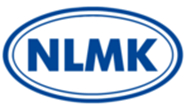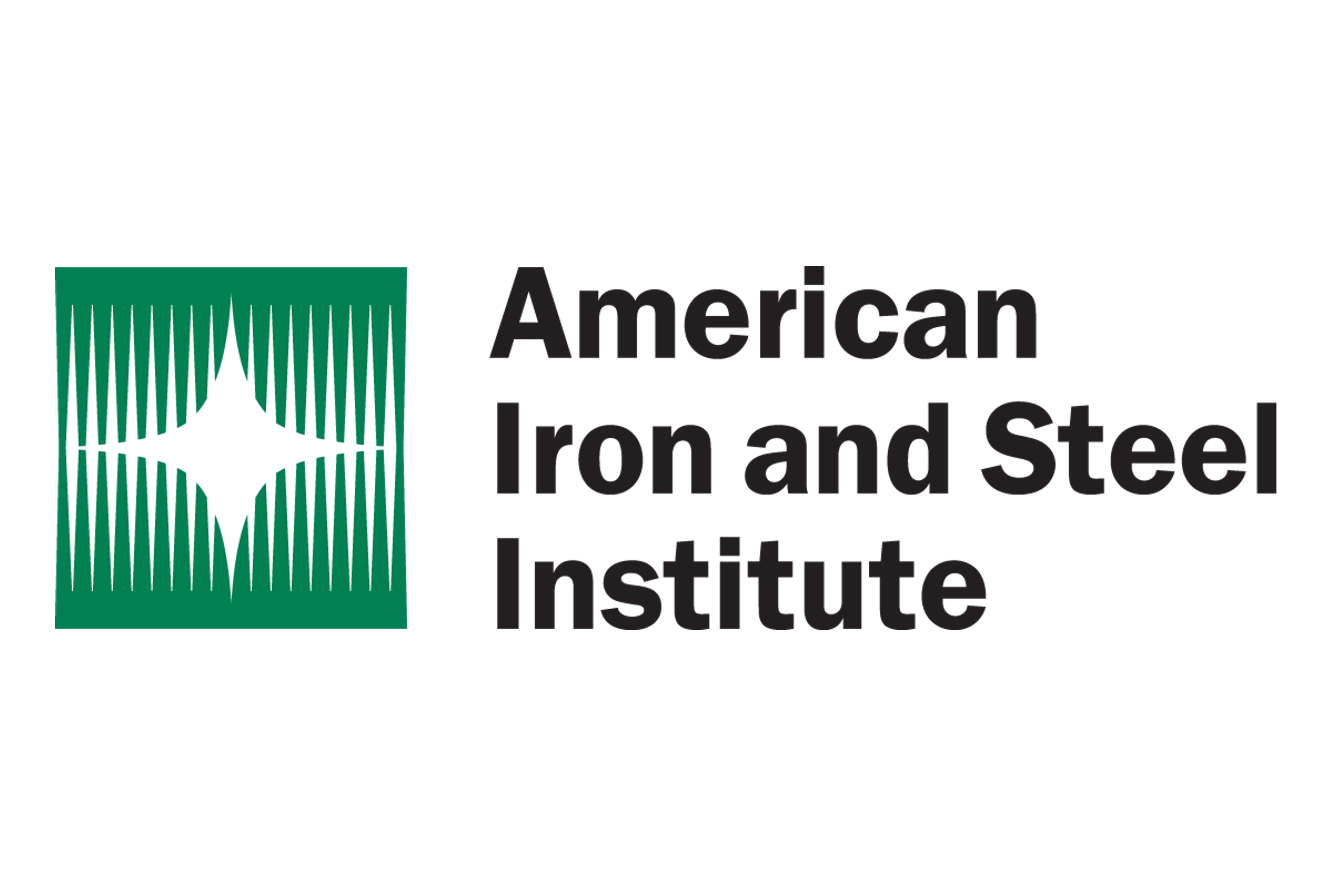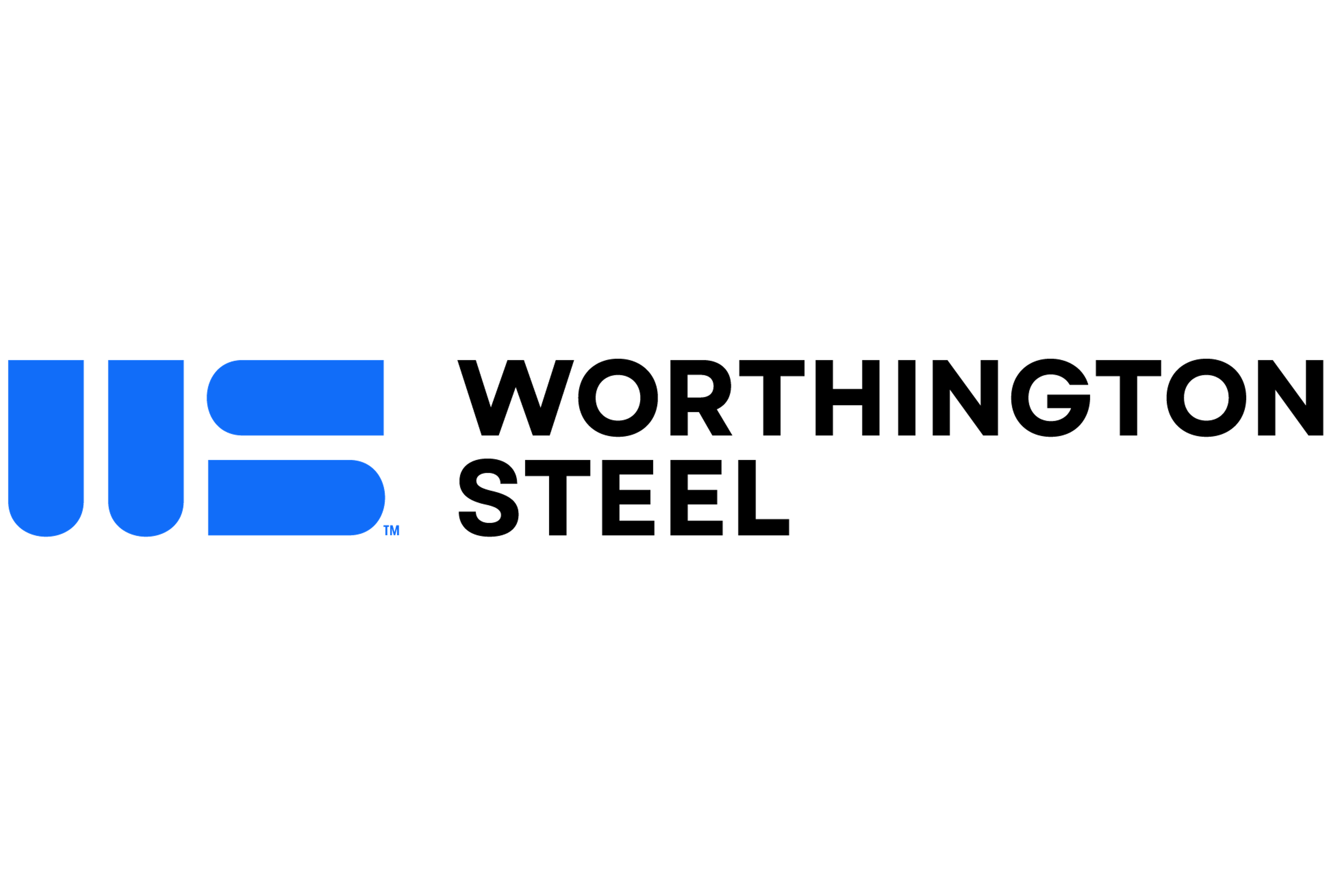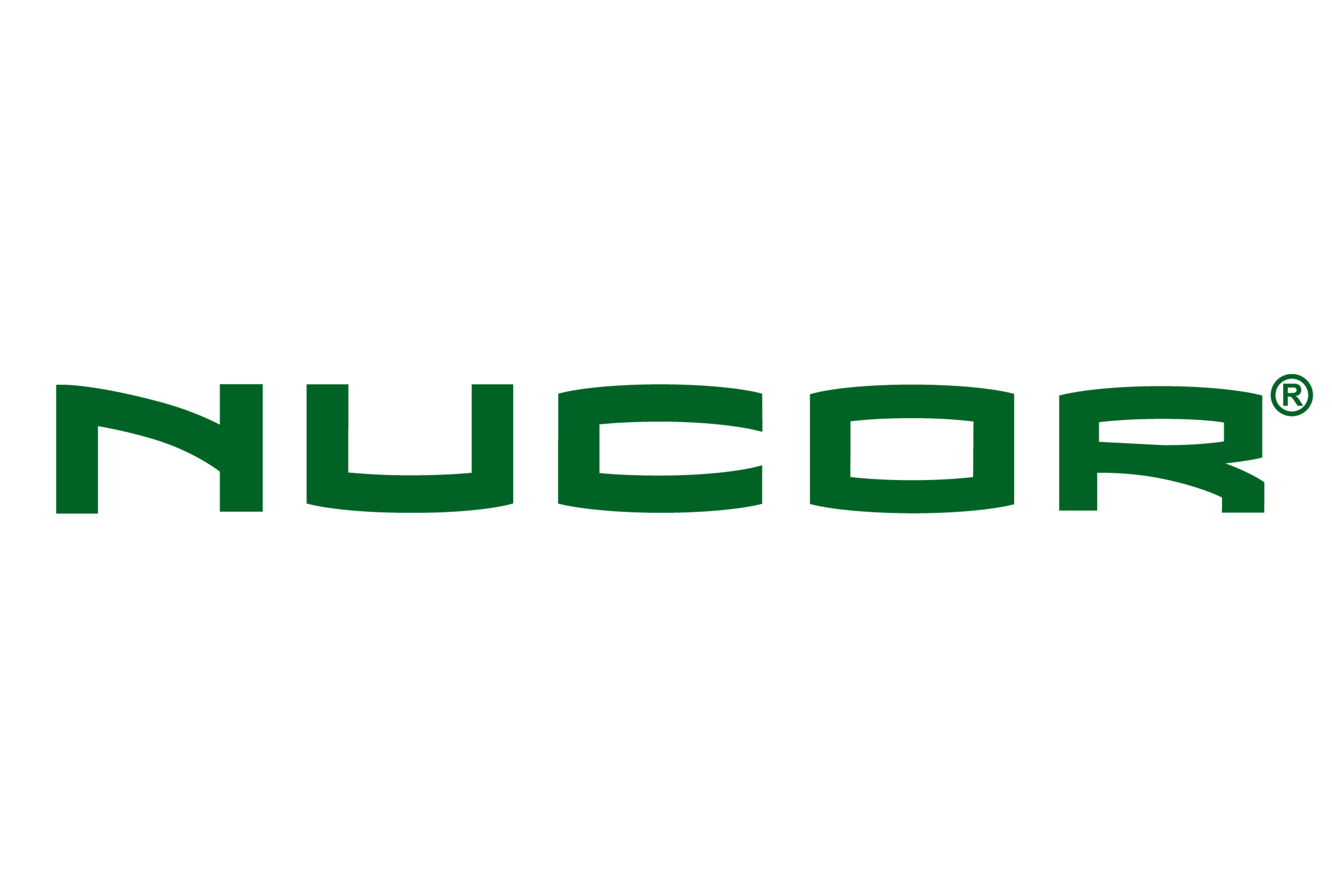Market Segment

September 24, 2020
A Conversation with NLMK as Strike Continues
Written by John Packard
Steel Market Update has had conversations/communications with Robert Miller, CEO and James Banker, Jr., Executive Vice President of NLMK USA as we endeavor to learn more about the status of the strike against the Farrell, Pennsylvania facility, status of slabs for the Farrell mill, and gain a better understanding of the general flat rolled steel markets.
Bob Miller, CEO advised there were negotiations with the union yesterday (Tuesday) but had not yet received a briefing regarding any progress in those talks.
James Banker advised SMU the major sticking point in contract negotiations is that the union does not want to accept a high deductible healthcare plan. The company position is that they have no choice but to raise the premiums.
![]() SMU wondered if the timing of the strike was good for NLMK considering the issues they were having obtaining slabs. We were told “no” the strike is not helpful to their business and their desire is for workers to return as soon as possible.
SMU wondered if the timing of the strike was good for NLMK considering the issues they were having obtaining slabs. We were told “no” the strike is not helpful to their business and their desire is for workers to return as soon as possible.
Management at the NLMK Farrell facility are running the hot strip mill, pickle line, cold mill, temper mill and annealing shop. Production continues at Sharon Coatings and their Portage, Indiana mini mill.
The mill, however, is running well below its rated capacity and below 2019 levels. The mill has been suffering through a lack of slabs due to the tariffs imposed by the Trump administration via Section 232 and the reduction of the quota in fourth quarter for Brazilian slabs.
Customers of the mill have advised SMU that NLMK has stopped taking “spot” tonnage, instead concentrating their efforts on supporting their contract customers.
James Banker discussed the slab situation with SMU earlier this week. He said all the re-rollers are in the same boat. The domestic slab market is 7 million ton market. The Brazilian slab quota of 3.4 million tons covers only half of the market’s needs.
The other foreign slab suppliers either have limited quotas (Korea) or, in the case of Mexico, are supplying mills geographically closer to Mexico (AM/NS Calvert and California Steel Industries).
Bob Miller advised, “NLMK has show significant improvement in the efficiency program developed at each of its plants. The model remains solid in Farrell. We certainly want a fair resolution to Section 232. It’s clear that we can’t buy slabs at the level of quality and quantity in the USA or North America to fit our specific needs at Farrell. We believe that an acceptable resolution will happen.”
Banker pointed out Stelco’s hot end would soon return to the market and they could become a slab supplier to NLMK. The mill also believes JSW Mingo Junction will restart their melt in February and become a merchant slab supplier. JSW can produce some of the widths and chemistries needed by NLMK although their slab thickness at 9.25” is below NLMK’s optimal 10” slab requirement.
The issue of Section 232 being applied against slabs going to domestic re-rollers is a sore subject for NLMK. The system was called “unfair” with many of the mills that strongly support duties on slabs, are at the same time, importing large quantities of scrap and pig iron from foreign producers.
Banker told SMU the reduction of the quota for Brazilian slabs makes no sense to NLMK. “Brazil lived up to their agreement [on quota tonnage] and they are being punished for it.”
He also pointed out the domestic integrated mills did not approach NLMK about selling them slabs prior to making the decision to shut down blast furnaces. The only domestic mill that “periodically” offers slabs to NLMK is U.S. Steel.
SMU asked if, like AM/NS Calvert, the mill had considered putting in an EAF to handle their melt needs. We were told that it could be feasible but, “Do you want to make a big term investment when the policy [government] could change overnight?”
We also discussed the current strength in flat rolled pricing. Prices are now at levels last seen at the beginning of this calendar year with hot rolled breaking the $600/ton barrier and galvanized close to or breaking through the $800/ton base price level.
NLMK pointed out that it was due to a combination of stronger demand and restrictions in supply. “Except for energy and railcar, every other market has improved. Construction is good. Auto is doing very well,” remarked Jim Banker.
He also told us, “No foreign to speak of. Great Lakes is out [USS]. Mittal has furnace[s] down. U.S. Steel has one running in Granite City?” He pointed out that the EAF mills are all running at “very high utilization rates” on their flat rolled mills.
Banker’s expectation is that the market will see prices continue to rise through the end of the year and into first quarter 2021.







